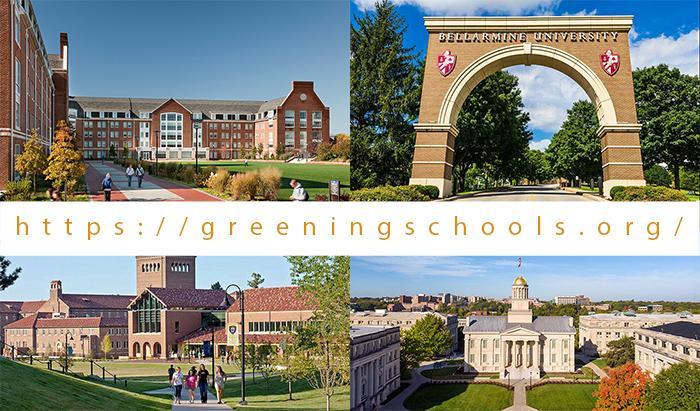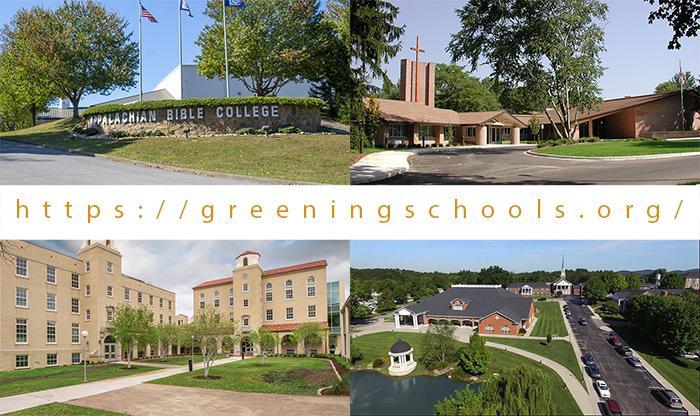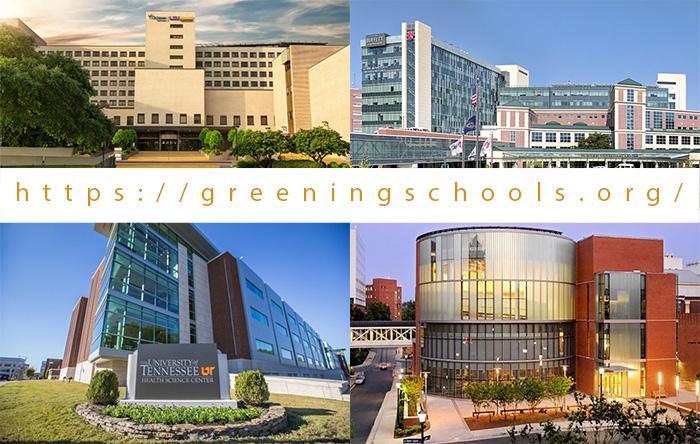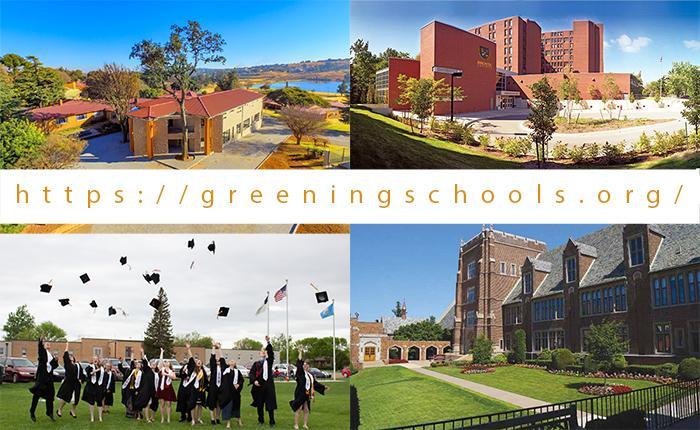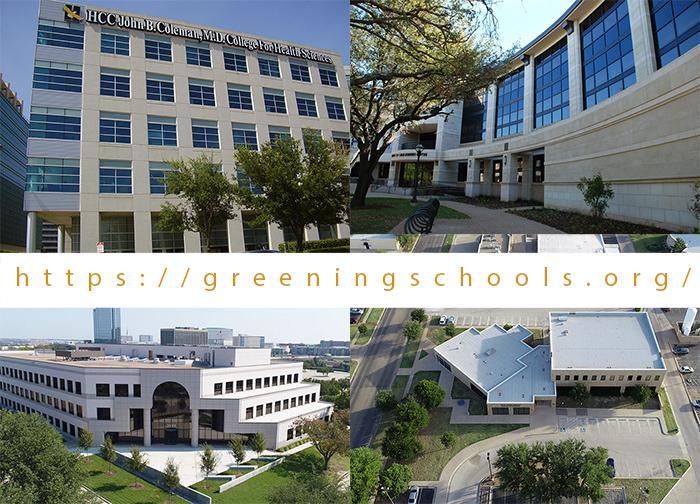Overview
The United States Bureau of Labor Statistics predicts a steady 4% increase in demand for physicians and other medical professionals over the next decade. The medical and healthcare fields, like STEM fields, are constantly evolving to accommodate new research and technologies.
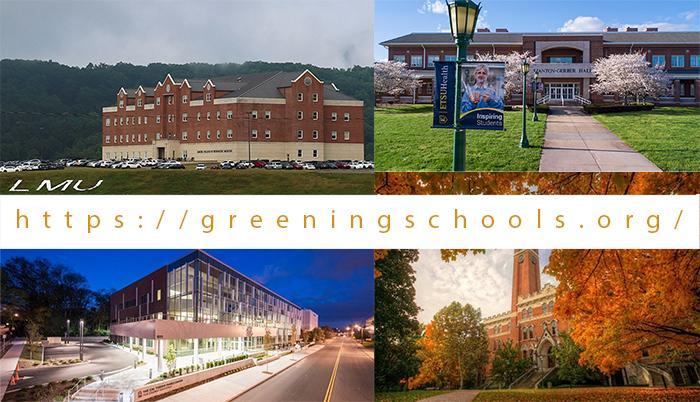
Despite the honor and prestige of working in the medical field, many areas are desperately short on doctors and other health professionals. Those living in rural areas are disproportionately impacted by this shortage.
Many people in Tennessee are uninsured and unable to afford health care. Fortunately, the state is also home to a number of prestigious medical institutions and research centers, as well as top-tier educational programs for future doctors. According to US News & World Report, all of these institutions feature some of the best programs in the country. All of these institutions are well-known for producing highly qualified doctors who are driven by a commitment to serving others. It is important to the schools that they produce doctors who are interested in working in underserved and rural areas, and the schools share this goal.
We selected these universities after considering a number of criteria, including their standings, results, opportunities, and infrastructure. Some people think that only the East and West Coasts have good medical schools, but that’s not necessarily the case. Based on this ranking, it is clear that the state of Tennessee is home to some of the most competitive medical education programs in the country.
Here, schools are ranked according to their position on the US News list of top medical schools. Tennessee is the best place to be if you want to go to medical school and make a global impact.
Best medical schools in tennessee
Vanderbilt University
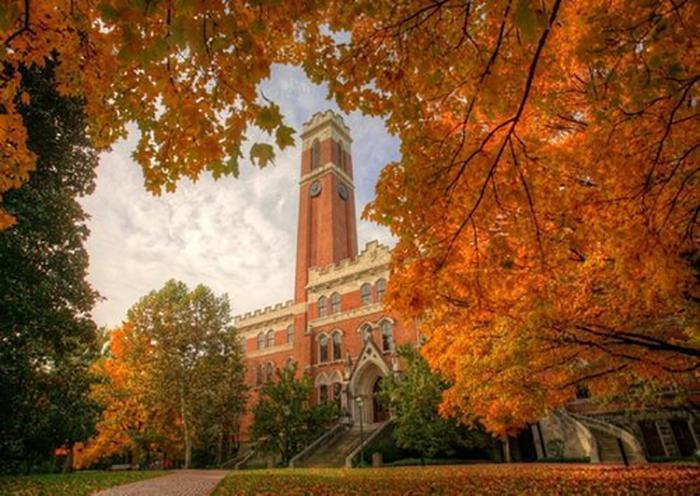
Nashville is home to one of the world’s top medical schools, Vanderbilt University Medical Center. Here, students complete the first year of medical school in just 13 months by focusing on the preclinical curriculum. In the third and fourth years of medical school, known as the Immersion Phase, this allows students at Vanderbilt to pursue their clinical and overarching professional interests. Clinical electives, research opportunities, and supplementary coursework in medical ethics, healthcare systems, and global health can all be incorporated into a student’s individualized learning plan during this time.
Vanderbilt medical students will also be assigned to Colleges and Learning Communities in an effort to foster meaningful connections with peers and faculty. Students participate in wellness, social, and career-focused events together within their respective Colleges. Additionally, students are paired with faculty mentors in Learning Communities of 24 other students to discuss topics such as empathy, professionalism, and the challenges of the medical student experience.
East Tennessee State University
East Tennessee State University should be on everyone’s radar who wants to study medicine. ETSU is a large public university that serves the city of Johnson City, Tennessee.
In the most recent data year, approximately 72 ETSU students earned their medical degree. Medical school grads report an average starting salary of $53,417 after entering the workforce.
Meharry Medical College (Nashville, TN)
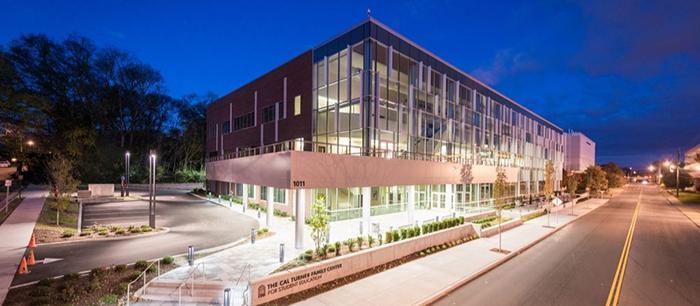
Xem thêm : Top Data Science Schools That You Should Know
Nashville is a great place to pursue a healthcare career because it is home to several prestigious medical research and healthcare facilities. Among the many outstanding Nashville institutions, Meharry Medical College stands out. The Medical School can look back on a long and illustrious history of accomplishment. Founded in 1876, just ten years after the end of the Civil War, it claims to be one of the nation’s oldest black-serving institutions.
Meharry’s motto, “Worship of God Through Service to Mankind,” expresses the school’s dedication to promoting social justice and the general well-being of its students and the community, in keeping with its United Methodist heritage. The university and Tennessee State University have just announced their collaboration. The collaboration’s overarching goal is to increase the supply of qualified African-American medical professionals who are committed to serving marginalized communities.
Despite staying on the cutting edge of medicine, the school has never lost sight of its primary mission: providing excellent care to those who can benefit the most from it. Clinical research on sickle cell anemia, the Center for the Study of the Social Determinants of Health, and healthcare education are all components of Meharry’s research program.
Meharry’s high placements demonstrate the school’s prestige and success. As of the most recent rankings by US News & World Report, Meharry ranked in the top 12 for the percentage of graduates working in primary care, the highest percentage working in medically underserved areas, and the highest percentage working in rural areas.
Some of its most notable graduates include Donna P. David, the first African American woman doctor in the United States Navy, and Corey Hébert, the CEO of Community Health TV and Chief Medical Editor and Correspondent for Black News Channel.
Lincoln Memorial University Debusk College of Osteopathic Medicine (Harrogate, TN)
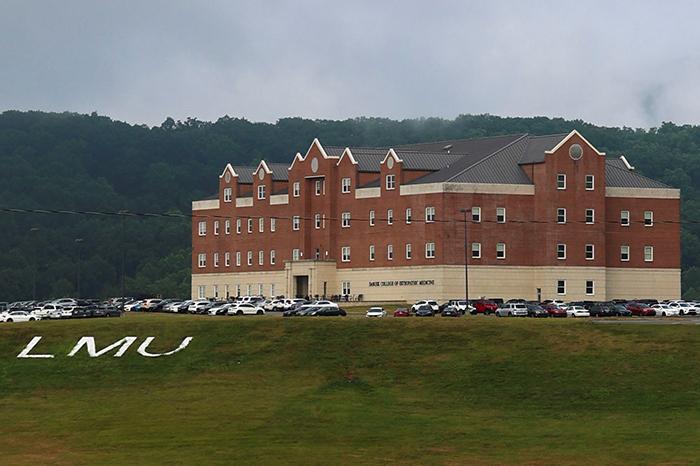
You can see that Tennessee’s medical schools are dedicated to producing doctors who are both qualified and enthusiastic about serving the state’s medically underserved communities. And the Lincoln Memorial Debusk College of Osteopathic Medicine is no different.
In fact, US News & World Report recently named LMDCOM one of the top ten schools in the country for the percentage of its graduates working in underserved and rural communities. The school’s primary care physician graduation rate is consistently high, and it is tied for 23rd place with the University of New England.
Compassionate, patient-centered care may be the stated goal of any institution. However, LMDCOM is more than just a top-ranked organization; it also delivers on its promises. Its cutting-edge teaching methods give students the theoretical and practical training they need to become outstanding doctors. Two years are spent in clinical rotations at hospitals and offices after students spend their first two years learning the pre-clinical sciences. Many different hospitals across Tennessee and the South, including Florida, serve as training grounds for the students.
The incredibly high postgraduate placement rates at LMDCOM are just one indicator of the school’s continued success in educating the medical professionals of the future. Seventy-two percent of the class of 2020 entered their first year of residency training in a primary care track, and 96 percent were accepted into postgraduate training programs.
Elite residency programs across the country were found for the graduating class of 2020. Those are very encouraging numbers for someone considering enrolling at LMDCOM.
Vanderbilt University School of Medicine (Nashville, TN)
Another excellent Tennessee institution is the Vanderbilt University School of Medicine. But there are a number of reasons why our school is ranked first. US News & World Report ranks it as a top medical school, placing it in the top 20 for research (tied for 13th with the University of Pittsburgh) and as a top medical school for primary care (tied for 5th with Emory University). Still, the impressive rankings continue. Anesthesiology and Internal Medicine are both highly regarded at the Vanderbilt University Medical Center. It also has top-notch departments devoted to pediatrics, imaging, and operations.
A 13-month preclinical curriculum is followed by clerkships, clinical rotations, and mentored research projects as part of Vanderbilt’s individualized training program for medical students.
Xem thêm : Top Fashion Institutes In California That You Should Know
Aside from being located in a one-of-a-kind “medical neighborhood,” where students have easy access to a wide variety of research and clinical opportunities, the school’s faculty is among the best in the world. The launch of a new student-run organization to meet the needs of rural patients is encouraging news for prospective students considering a career in rural medicine and practice.
Many of the VUSM faculty are practicing clinicians who also teach at the Vanderbilt Medical Center, with which the school is affiliated. There are six required clerkships for second-year medical students that take place at the medical center. The Vanderbilt Medical Center is also home to the medical school’s Center for Experiential Learning and Assessment.
It’s not surprising that enrollment at Vanderbilt is competitive; the university offers a wealth of beneficial programs, facilities, and opportunities. More than 5,000 students applied to attend the university in the fall of 2020. Only 96 students were accepted out of the thousands who applied to this prestigious university.
University of Tennessee Health Science Center College of Medicine
Chattanooga, Knoxville, Memphis, and Nashville all host campuses of the University of Tennessee Health Science Center College of Medicine. Students will follow a conventional four-year curriculum that begins with two years of preclinical study, continues with two years of clinical rotations, and concludes with a year of focused USMLE prep and scholarly project work.
Over 90% of the first-year class are natives of Tennessee, demonstrating the medical school’s commitment to educating the state’s future medical professionals. University of Tennessee Health Science Center College of Medicine extracurriculars reflect the institution’s dedication to serving the people of Tennessee. The Consortium for Health Education, Economic Empowerment, and Research (CHEER) is one organization where students can lend a hand. Patients in Memphis and the surrounding area of the Mississippi Delta are the focus of CHEER, a community-based research organization that investigates ways to better the health of these populations.
Quillen College of Medicine
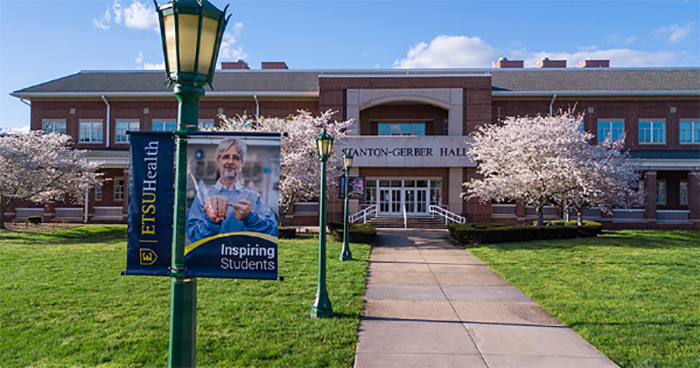
Quillen College of Medicine is one of only two publicly funded medical schools in the state of Tennessee. Also, it’s one of the best medical schools in the United States, making the top ten list. Located in Johnson City, the university places a strong emphasis on providing medical training to residents of rural and suburban areas. Medical students are instructed in cutting-edge practices and encouraged to devote themselves to academic inquiry. Faculty members at Quillen College of Medicine are not only highly qualified, but many have also been honored for their contributions. The provision of healthcare in rural areas and communities with health issues is a central focus of the institution.
About a quarter of those who apply to the Tennessee medical school are accepted into the rural track, which gives them access to small class sizes and professors who are truly invested in their students’ success. In addition to classroom instruction, students in this program will have the opportunity to visit a rural site once a week to gain practical experience.
Quillen College of Medicine tuition varies between Tennessee residents and non-residents. The annual cost is $37,000 for Tennesseans and $70,000 for those who are not from the Volunteer State. However, despite the size of the gap, the education these students receive is exceptional.
FAQs
If I get a low MCAT score, can I retake the MCAT?
The maximum number of times a student can take the MCAT in any given time period is three per year, four per two years, and seven per lifetime. The decision of whether or not to retake the MCAT, however, involves a different set of factors. The general rule of thumb is that fewer attempts are better; only retake if absolutely necessary to meet a goal, and only if you have a good chance of doing so.
Which medical school is right for me?
You are the only one who can give a satisfactory response to that inquiry. Think long and hard about the kind of doctor you want to be and whether or not it aligns with your long-term goals. Then, research the academic programs that will best prepare you for your chosen field of expertise or the type of practice you envision for yourself.
Should I take a gap year between my bachelor’s degree and medical school?
Depending on your circumstances, taking a year off before starting medical school could be a wise or foolish decision. In order to impress schools with your gap year experience and decision, you should devote some of your application to explaining why you chose to take one and how it went. As a result, you can’t just relax during your time off. Don’t let wasted time ruin your chances of getting accepted by not using it wisely.
Conclusion
There are a wide variety of medical schools in Tennessee from which to choose. Prepare yourself for success in your pursuit of a medical degree at a school in Tennessee by carefully crafting your application materials and focusing on those institutions where you have the best chance of being accepted.
Nguồn: https://greeningschools.org
Danh mục: Online Colleges



